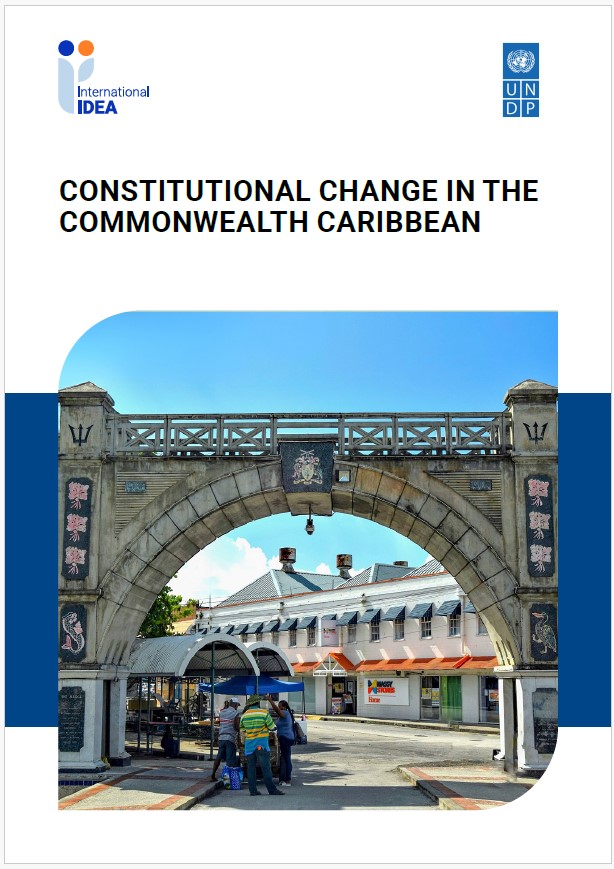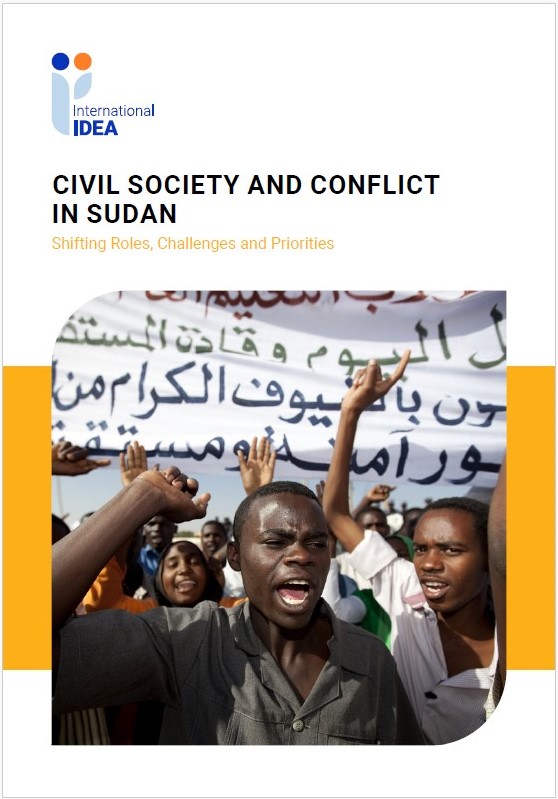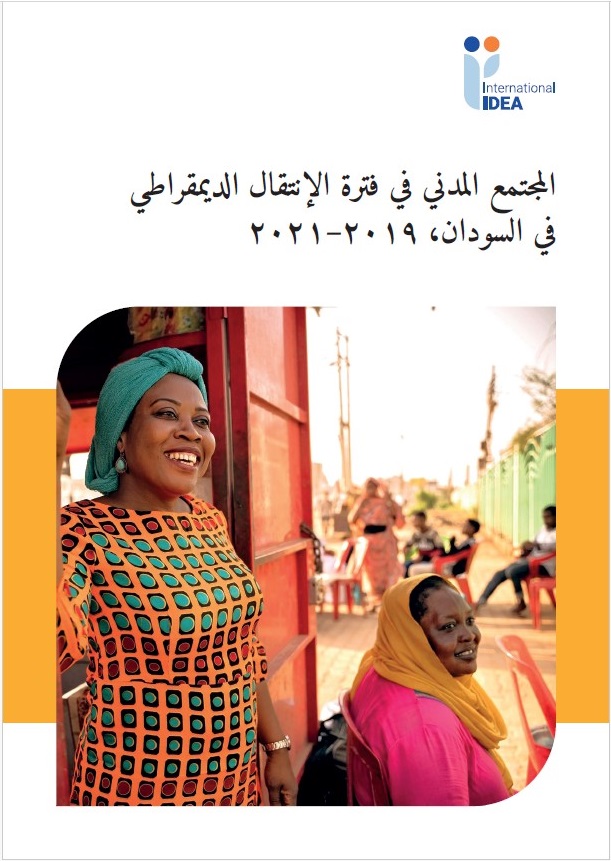Campaign finance is a key issue for the quality of democracy. As we noted in a recently-published book, it is important because of the inescapable fact that while democracy has no price, it does have an operating cost. The use of economic resources is an essential element for democratic competition.
Search
Region
Country
Type
Campaign finance is a key issue for the quality of democracy. As we noted in a recently-published book, it is important because of the inescapable fact that while democracy has no price, it does have an operating cost. The use of economic resources is an essential element for democratic competition.
Evo Morales ha sufrido una derrota histórica en el referendo del pasado 21 de febrero en el que buscaba el apoyo ciudadano para aprobar una reforma constitucional que le permitiese volver a presentarse en el 2019 para en un nuevo mandato presidencial hasta 2025. Según resultados preliminares del Tribunal Supremo Electoral, el “No” venció al “Sí” por estrecho margen (51.30% a 48.70%).
While, in the past, democracy promotion tended to be the exclusive domain of high-income Western countries, the actors involved today are more varied, the kinds of activities more diverse, and the number of countries targeted for democracy assistance is steadily increasing.
In the recently-released Democracy Index of the Economist Intelligence Unit (EIU), Latin America’s performance is worrisome. Just one country, Uruguay, is classified as a “full democracy”. Costa Rica falls into the category of “flawed democracy”, which also includes Mexico and Brazil, both of which dropped since the last ranking.
There are still many details to work out when it comes to the Sustainable Development Goals adopted by the UN General Assembly in September last year. Over the next couple of months suggested indicators for the 169 targets linked to the SDGs will be debated and eventually adopted by UN member states.
Leading up to the November 2015 elections Myanmar’s Union Election Commission (UEC) used the electoral risk management tool (ERMTool) and approach developed by International IDEA to monitor and prevent election-related disturbances. Now a decision has been made to continue using the electoral risk management mechanism throughout the electoral cycle.
Since gaining independence in 1960, Niger has been caught in many political, social and economic crises.
The security situation in the country is unstable, as Niger is currently caught between the Boko Haram crisis in Nigeria and the crises in northern Mali and Libya. The dormant Tuareg uprisings, combined with the flourishing market for trafficking in arms, drugs and humans, are further destabilizing Niger.
In a joint statement released earlier this week, Prime Ministers Stefan Löfven, of Sweden, and Narendra Modi, of India, highlighted the cooperation between the two countries in the protection of democracy and human rights globally. International IDEA is central to that cooperation as both countries are founding Member States of the organization and highly active in our work.
Many of the world’s constitutions today include non-discrimination clauses and provisions for gender equality. In the last 20 years, an increasing number of new constitutions also include gender-specific provisions and gender-inclusive drafting styles to promote substantive equality. Even so, real gender-equality has not been achieved in any country.
Snap election was held in the Republic of Vanuatu on 22 January, following the dissolution of the legislature on 24 November 2015. A total of 265 candidates, including eight women, contested 52 seats in the unicameral legislature. Constituencies in Vanuatu comprise of eight single-member seats and 10 multi-member seats. Multi-member constituencies range from two to seven seats.
Since starting its transition to democracy in 2011 Tunisia has been heralded as success story in the region. Since the 2014 national elections the country has worked to increase the participation of women in the political process – including through quotas giving women one third of the seats in parliament today. Despite many efforts to increase women’s participation however, progress has been slow with start regional differences across the country.
El jueves 11 de febrero se realizó la presentación del libro “El Costo de la democracia. Ensayos sobre el Financiamiento Político en América Latina”, en el Salón de Ex presidentes y Ex presidenta de la Asamblea Legislativa de la República de Costa Rica.
One third of the Tunisian parliament is made up of women but political parties are still struggling to include more women in their ranks. In order to ensure that the equality and the involvement of women within Tunisian politics is considered by political parties in the long-term, International IDEA is hosting a workshop on strategic planning for political parties on comparative and gender perspectives’ in Tunis on 13 and 14 February.
On Thursday, 11 February, the book “The Cost of Democracy: Essays on Political Finance in Latin America”was presented in the Hall of Ex-presidents of the Congress of Costa Rica. The event was organized by the President of the Congress, Rafael Ortiz Fábrega, together with International IDEA, and the Inter-American Dialogue.
Women’s empowerment is key to sustainable development and there is a need for the United Nations and regional organizations to set clear strategic objectives and address critical areas of concern.
Democracy has no price, but it does have an operating cost.
Financing election campaigns is a debated issue and adequately regulating such financing is one of the great challenges for all democracies, including in Latin America.
Organized crime increasingly poses a threat to the exercise of democratic politics in most countries in the world. It is therefore imperative for governments to find creative ways to detect and tackle this problem.
What has parliament done to oversee a government’s gender equality commitments? If legislation exists, how does parliament monitor impact on gender equality? Parliaments have a role in moving forward gender equality and non-discrimination legislation, but the outcomes may be far different from country to country and in individual experiences.
Indonesia began its democratic transition in 1998 after mass protests ousted General Suharto. The first direct presidential elections were held in 2004 and the country passed a decentralization act in 2001 gradually shifting the power from national to local level.


